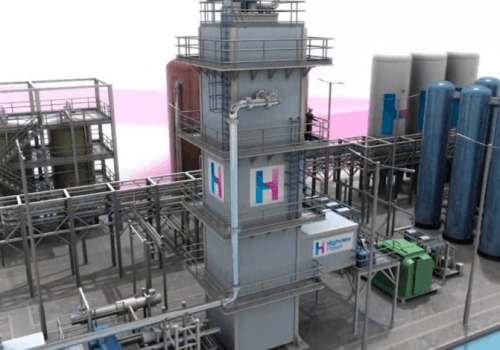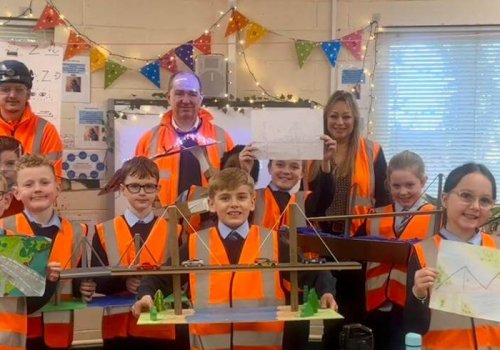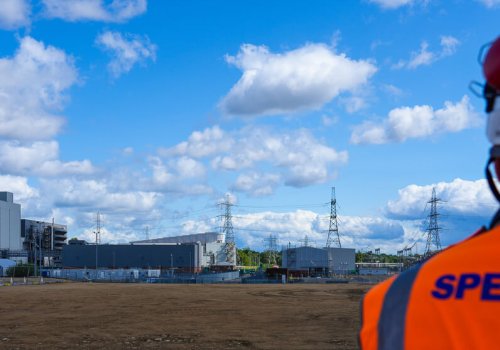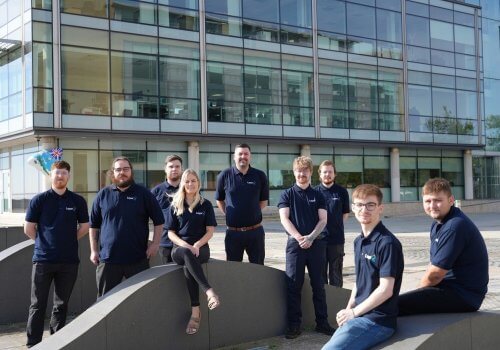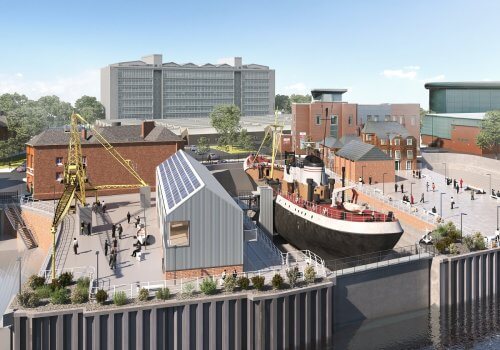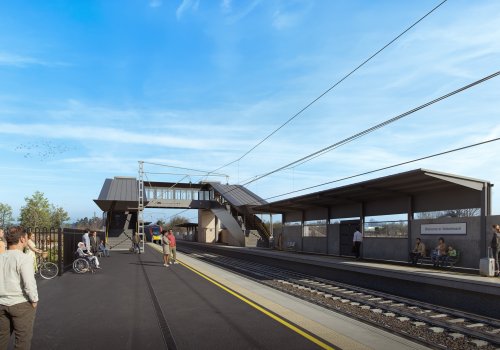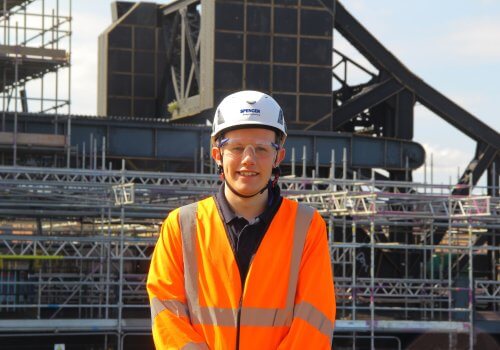Mike Halliday, Managing Director, Rail, at leading rail infrastructure contractor Spencer Group, has almost 30 years’ experience in the rail industry. Here, he highlights issues with procurement which are holding back investment in the rail industry and offers positive solutions to these challenges.
The rail industry has seen a surge in leisure travel over the past four years, with newly-published research from the Department for Transport showing that over 54% of rail journeys taken in the UK since 2021 have been for leisure.
That research also highlighted that many passengers are travelling more frequently, with around 61% of those surveyed saying they took the train for leisure at least once a month.
Clearly this means more people are taking to the trains, not just to get to and from the office, school or college, or for business travel. People see rail as a great travel choice for a day out, short breaks and holidays.
While these figures are encouraging and demonstrate a shift in the patterns of rail travel, both professionals in the industry, and rail passengers, are all too aware that Britain’s railways are ageing. To deliver efficient, comfortable and convenient rail travel, and to respond to the growth in passengers, we need to see significant investment, and, right now, the brakes are firmly on.

The problem with procurement
As an industry we have a major problem with procurement. Costs are going up, and budgets are becoming more constrained, which often leads to a significant gap between what a client would like to achieve within a given budget and what is actually achievable.
For contractors like ourselves, the cost of bidding for projects is significant, with the cost per bid now in the region of £250,000. As a true design and build contractor, we’re committed to thoroughly understanding the client’s needs and requirements before putting together a bid, to enable us to provide them with a realistic programme and costings to deliver the outcome they want to achieve.
This requires site visits, meetings, many hours spent meticulously pouring through mountains of paperwork, design and planning work, and engagement with our own supply chain. All this is needed to understand what the client wants to achieve, what the constraints and risks are, and the opportunities around those risks.
Meanwhile, clients’ budgets are also being put under strain due to rising labour costs, rocketing material prices and a shortage of skilled workers.
Historical governance also hinders progression, with restrictive processes often applied unilaterally across every part of a rail-related project, when some of those rules and restrictions simply don’t need to be imposed in all of the environments we work in.
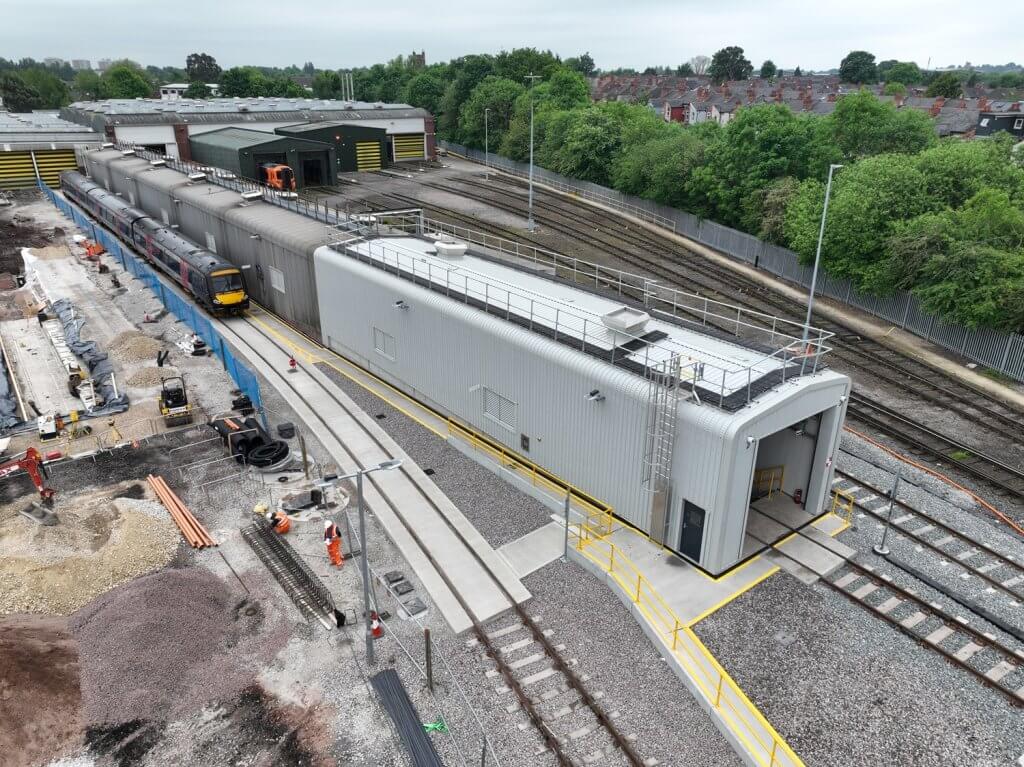
Projects going off the rails
In recent months we’ve seen, at first-hand, two significant rail projects recalled due to unrealistic budgets, for a variety of reasons. In both cases the clients were forced to withdraw and review projects after the tender process as bids were in excess of what had been predicted.
We sympathise with the challenges both organisations are facing and are keen to continue to work with them to move these important projects forward.
No-one wants to see projects like these delayed, or even cancelled, as we know this prevents the rail industry from keeping up with the ever-evolving needs of passengers.
Additionally, what begins with the objective of saving costs, too often ends up costing clients, and the public, more money. As projects are pushed back, the costs of materials and labour continues to creep up, and re-tendering only adds to the growing bill, which is ultimately footed by taxpayers.
Contractors are also becoming increasingly unwilling to bid for jobs in some circumstances, due to the high risk of putting together a costly bid for a project which may never come to fruition.
Getting back on the right track
For many contractors the solution to these issues seems clear – involve us earlier. We want to help to address these issues and create a brighter future for the industry and, crucially, for passengers.
Contractors like ourselves are keen to work more closely with rail operators, to identify challenges, risks and solutions. In addition, involving a contractor at an early stage can create the opportunity to understand the costs better and where savings can be made.
What we, and many other contractors, would like to see is clients engaging with the supply chain much earlier, utilising consultants to verify that the solution coming through from the preferred supplier is value for money and will meet the requirements through design.
The procurement strategy of Early Contractor Involvement (ECI) is proven to help deliver projects successfully, on time and to budget. Delivered through two-stage contracts, contractors are involved from as early as the design and development stage, right through to construction.
Selected through experience, track record, knowledge and skills, the contractor will work collaboratively with the client to find a solution which fits the client’s needs and budget.
Utilising ECI gives clients the opportunity to present the business case, the budget they have in mind, and the output they’d like to achieve directly to contractors, who can then use their vast wealth of technical knowledge, and experience of successfully delivering projects, to propose a solution.
Bringing contractors into projects at an earlier stage also opens doors to challenging onerous, historical governance and processes. This enables the development of a more efficient and appropriate operating processes and, importantly, brings costs down.
This can also lead to a successful outcome even in the event that an appropriate solution hasn’t been developed in the ECI stage. That’s because the contractor has been paid to take the project to a certain point, the client is better informed of the costs, challenges and risks, and the project can still go out to the open market.
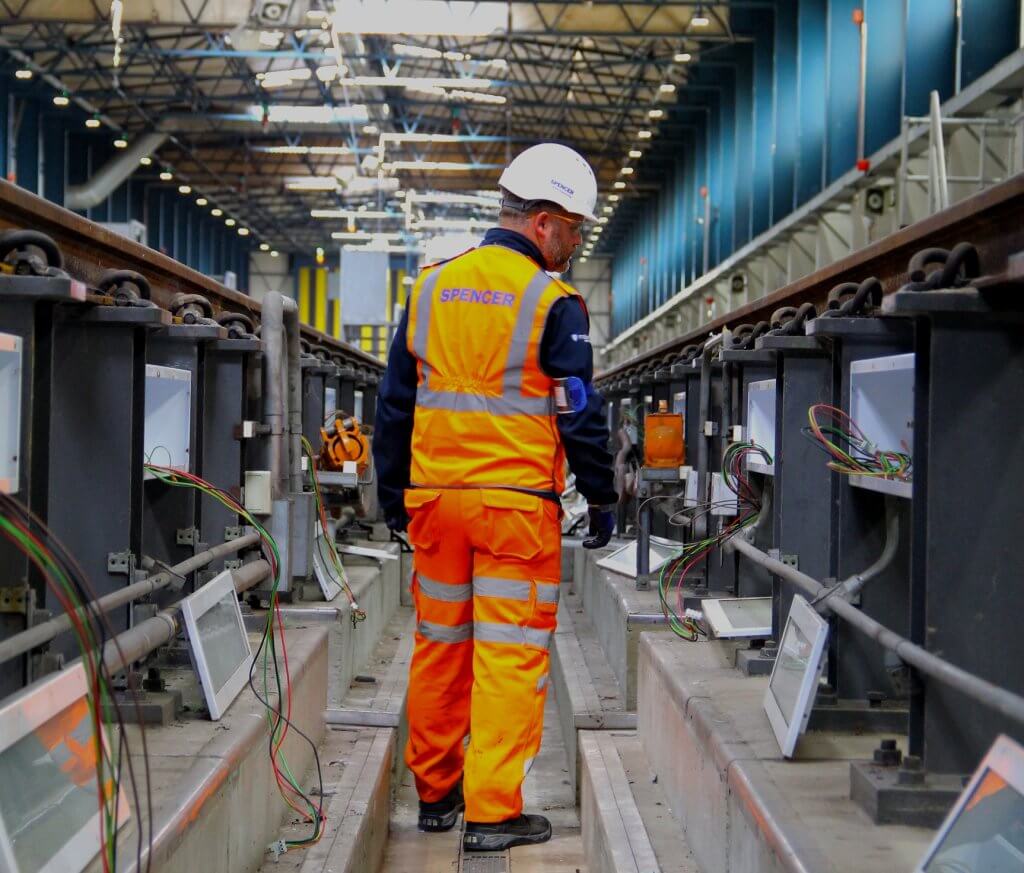
Understanding the industry inside and out
At Spencer Group, we have decades of experience delivering projects in the rail industry, and our engineering-led, solution-focused approach is embedded in our DNA.
With a wealth of experience of delivering multi-disciplinary, multi-stakeholder projects covering all rail environments from track works, to stations, depots and much more, we understand the industry inside and out.
We believe this deep knowledge and experience of taking projects from proposal through to completion is what places contractors like ourselves in the perfect position to assist clients in bringing their projects to fruition, from the get go.
We’ve seen first-hand how successful ECIs can be. For example, we’re now close to completing a £36m enhancement project at Tyseley Depot on behalf of West Midlands Trains and key stakeholder Network Rail, which involved ECI.
Although there were initial challenges in the design phase, being involved from the start ensured we were able to address these issues and develop solutions before construction began. In the long run this has led to the project being delivered within budget and ahead of schedule.
Investing in a brighter future, together
Although the natural response of clients is to take risk away from themselves, the real solution here is to get closer to the problems, understand them, and prevent them. Working more closely with contractors from the outset ensures problems are solved earlier and not carried through to the construction phase.
Addressing the issues we’re currently facing in procurement is essential to unleashing investment in rail. The way to achieve that is by rail operators and contractors working together, closer and earlier.
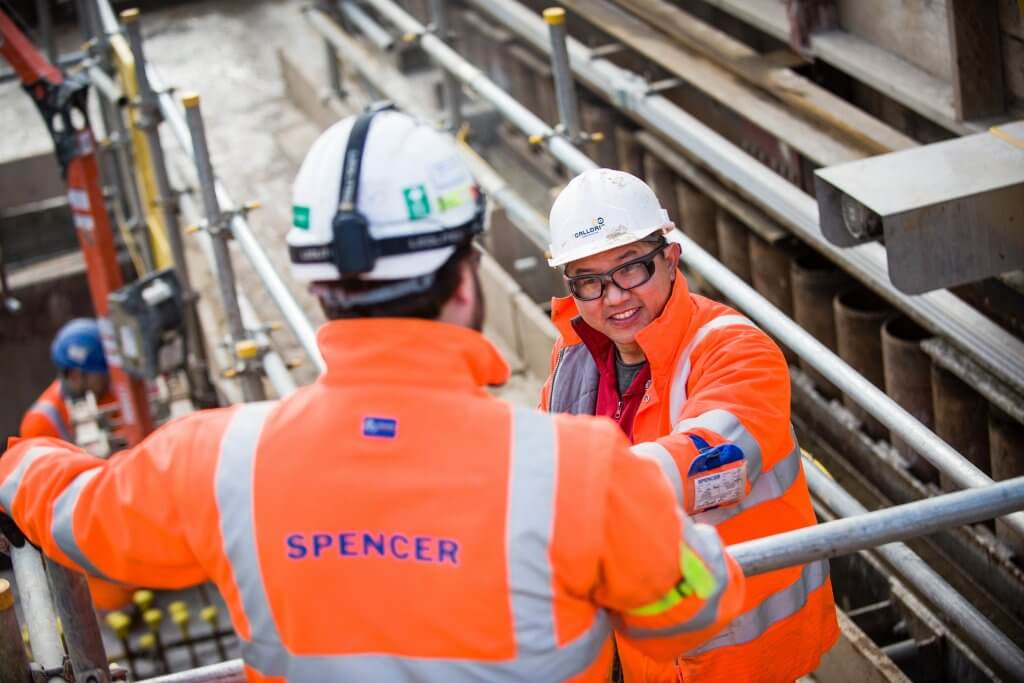
A version of this article was published in RAIL Magazine.

